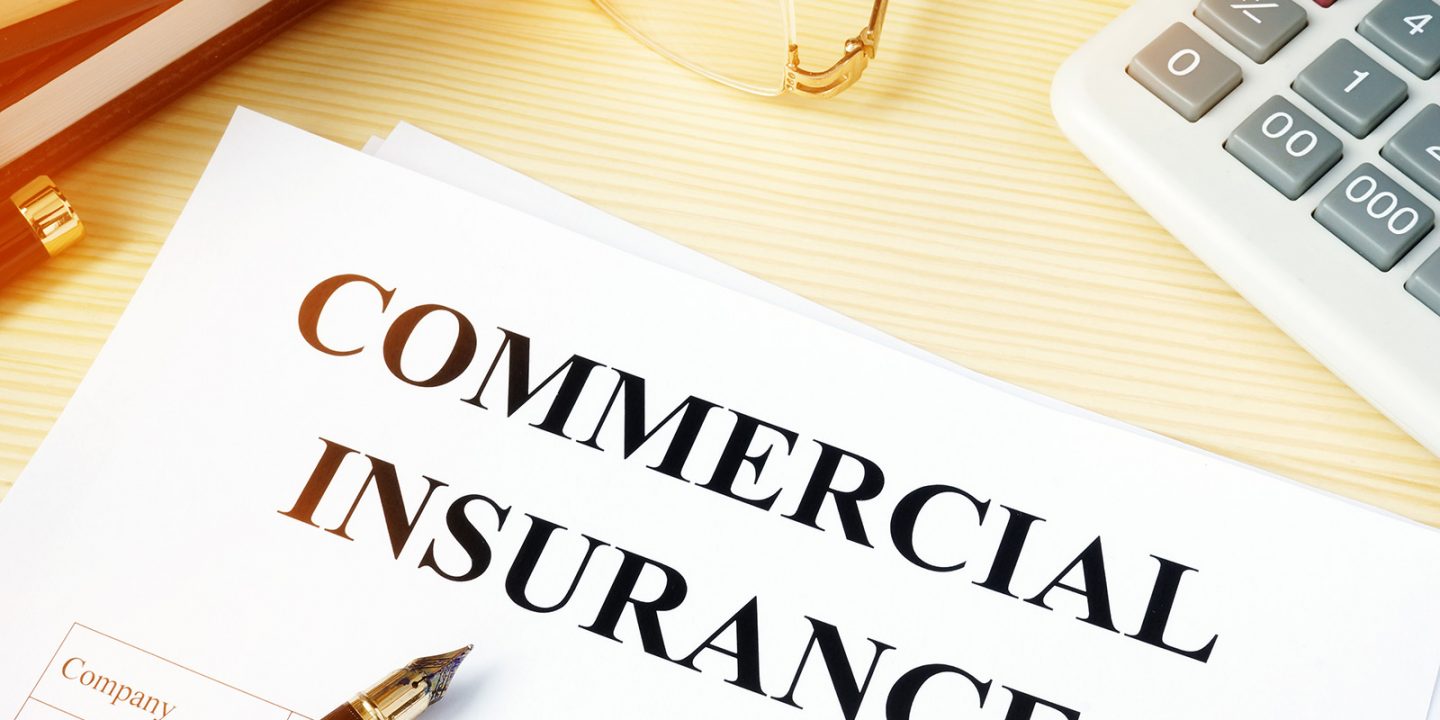
Commercial insurance is a crucial aspect of risk management for businesses of all sizes and industries. It offers protection against a wide range of potential financial losses that can result from unforeseen events. In this comprehensive guide, we will delve into the various types of commercial insurance, shedding light on the purpose and significance of each.
In Today’s market, navigating the intricacies of commercial insurance is vital to safeguarding your enterprise against unexpected risks. Commercial insurance comes in various forms, each tailored to address different aspects of business operations. In this article, we’ll take a closer look at the diverse types of commercial insurance policies available to help you make informed decisions about protecting your business.
General Liability Insurance: Often considered the foundation of commercial insurance, general liability insurance covers claims arising from accidents, injuries, or property damage that occur on your business premises. This policy is essential for most businesses, providing protection from lawsuits and liabilities.
Property Insurance: Property insurance is designed to safeguard your business’s physical assets, including buildings, inventory, equipment, and even outdoor signs. In case of fire, theft, vandalism, or natural disasters, this policy helps to replace or repair damaged property.
Title Insurance: Title insurance is a critical component in commercial real estate transactions. It safeguards businesses and property owners from potential title defects or disputes that could arise after the purchase of a property. This type of insurance helps ensure that your property rights are protected, and that you have a clear and marketable title. – read more details –
Business Interruption Insurance: When unforeseen events such as fires or floods force your business to shut down temporarily, business interruption insurance compensates for lost income, ongoing expenses, and additional costs necessary to recover and reopen.
Workers’ Compensation Insurance: Workers’ compensation insurance is mandatory in most states and provides coverage for employees who sustain work-related injuries or illnesses. It pays for medical expenses, rehabilitation, and lost wages, thus protecting both the employee and the employer.
Professional Liability Insurance: Also known as errors and omissions insurance, professional liability insurance safeguards professionals and service providers from claims of negligence or inadequate services. This is crucial for businesses in industries like law, medicine, and consulting.
Cyber Liability Insurance: As digital threats become more prevalent, cyber liability insurance is essential. It covers the costs associated with data breaches, including legal fees, notification costs, and any damages to affected parties.
Commercial Auto Insurance: If your business relies on vehicles for transportation, commercial auto insurance is a necessity. It covers accidents, property damage, and injuries involving company vehicles and their drivers.
Product Liability Insurance: This policy is crucial for businesses involved in manufacturing or selling products. It provides protection in case a product causes harm or injury to a consumer.
Umbrella Insurance: Umbrella insurance acts as an extra layer of liability protection by extending the coverage limits of other liability policies, such as general liability or auto insurance. It’s especially valuable for large businesses facing potentially high legal claims.
Fidelity and Crime Insurance: Protect your business against employee dishonesty, fraud, or theft with fidelity and crime insurance. This policy covers financial losses due to internal theft or fraudulent activities.
Environmental Liability Insurance: For businesses dealing with environmental risks, this policy provides protection against pollution-related claims and environmental damages. Industries like waste management and manufacturing often require this coverage.
Directors and Officers (D&O) Insurance: D&O insurance is designed to protect the personal assets of a company’s directors and officers in case they are sued for alleged wrongful acts or mismanagement in their roles.
Key Person Insurance: Key person insurance helps businesses cope with the financial impact of losing a key employee due to death or disability. It provides financial support for recruitment and training of a replacement.
Employment Practices Liability Insurance: This insurance type shields businesses against claims of wrongful employment practices, such as discrimination, harassment, or wrongful termination. It can be a critical safeguard for companies facing employment-related lawsuit
Selecting the right commercial insurance policies for your business involves a careful assessment of your specific needs and potential risks. Consult with insurance professionals to create a tailored insurance package that provides comprehensive protection and peace of mind for your business. Keep in mind that combining multiple policies in a business insurance package can often lead to cost savings, making it even more advantageous to explore your options and protect your business assets.
Understanding the various types of commercial insurance is crucial for protecting your business’s financial well-being. Each type serves a specific purpose and can be tailored to meet the unique needs of your company. Assessing your risks and working with an experienced insurance professional can help you create a comprehensive insurance portfolio that safeguards your business in the face of adversity. Remember, no matter the industry or size of your business, the right insurance coverage is an essential part of your risk management strategy, including the vital protection offered by Title Insurance for commercial properties.







